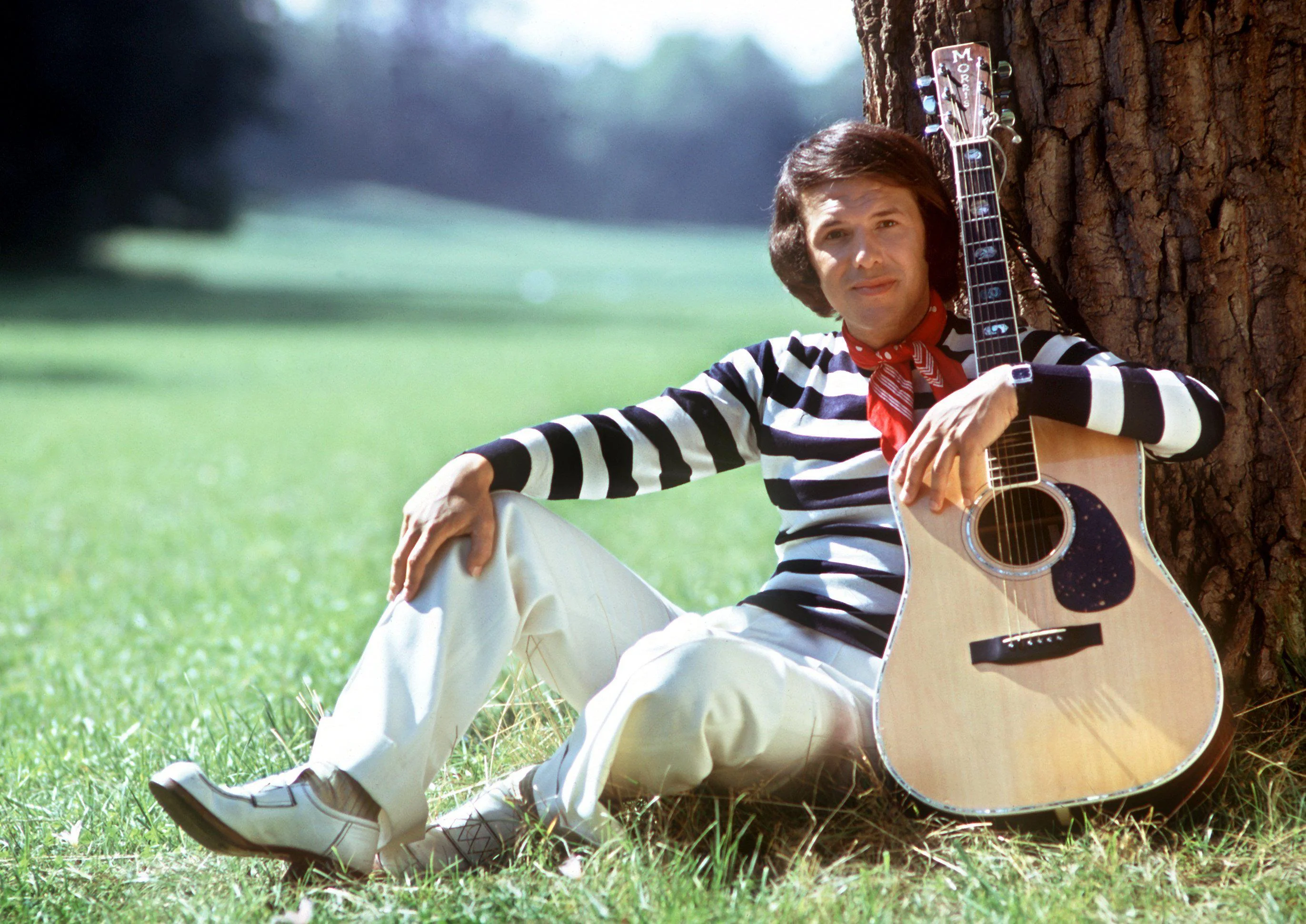
Singer Salvatore Adamo poses in an undated filer/Alamy
Qalam strives to explore the interpenetration of different cultures. To this end, we have decided to launch a series of playlists in which music mediates between different geographical and ideological spaces. Our first playlist is called ‘West to East: One Hundred Best Songs’. It will be updated several times a week, and its curation will focus on how Western pop culture has reflected the realities of the East, whether they are musical, geographical, religious, or political. (The terms ‘West’ and ‘East’ should be taken as broadly and arbitrarily as possible.)
If anyone can serve as a symbol of global awareness and responsiveness, it’s the singer Adamo. A Belgian of Italian heritage, Adamo achieved stardom as the king of French pop music while also becoming a major celebrity in Japan, where his song "Tombe la neige" was once embraced as a national treasure. Adamo was a UNESCO ambassador who called for diverting spending from space exploration to Africa's starving children. He traveled to Afghanistan and wrote songs about the children of Vietnam, such as "Tout le long du Mekong." In 1967, shortly after the Six-Day War, he decided to act as a mediator between Jews and Arabs and put forward his peace formula in the form of the song "Inch Allah." Despite its completely Muslim refrain, the song was viewed as pro-Israeli (in a sense, it does sound that way, given the reference to Jerusalem), and Adamo was barred from Arab countries. In 1986, Adamo sang about the Middle East again with the poignant composition "Les collines de Rabiah," which this time was unequivocally dedicated to Lebanon suffering from civil war.